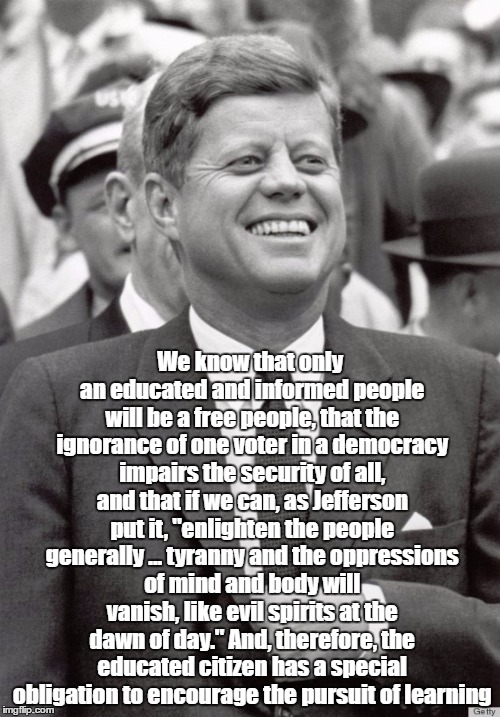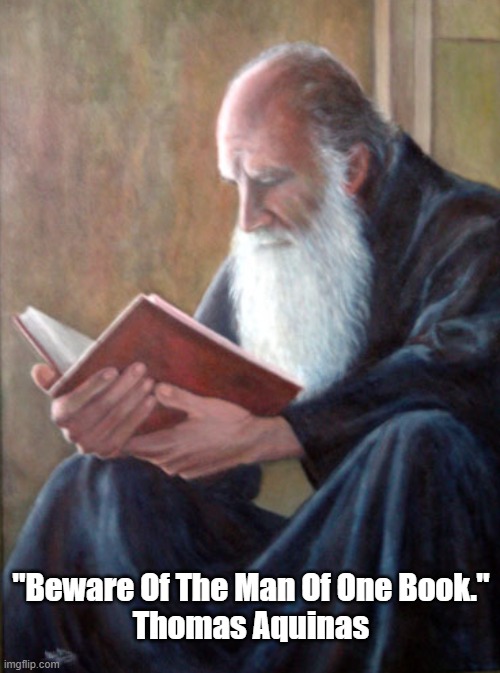In the past, it has always been the victors who have written the history books.
A Failsafe Way To Restore Integrity And Vigor To America's Sick Body Politic: Two Years Of American History - Taught Dialectically - As A Pre-Requisite For High School Graduation
Sponsored by California State University, Northridge
In the Review’s May 25 issue, Adam Hochschild looks at The Hillsdale 1776 Curriculum, “a fascinating, detailed picture of [Republican politicians’] dream educational agenda” that “starts from the premise that ‘America is an exceptionally good country.’” He examines the 3,268 pages of this history—written by officials at Hillsdale College, a small Christian school in Michigan whose financial supporters include the Koch brothers and Betsy DeVos—alongside Nikole Hannah-Jones’s new documentary series, The 1619 Project (the latest incarnation of a venture that has included articles in The New York Times Magazine, a podcast, and its own school lesson plans). And where the Hillsdale curriculum emphasizes American greatness, The 1619 Project shows “just how deeply the slave economy reduced human beings not merely to labor but to precisely measurable quantities of labor—and of how a vast corporation most of us now order from does exactly the same thing.”
Below, alongside Hochschild’s piece, we have collected from our archives several essays about the American history curriculum and the people who want to change it.
Adam Hochschild
History Bright and DarkHillsdale College’s 1776 Curriculum and the documentary series based on the 1619 Project reflect deep divisions in how we recount our nation's past.
Eric Foner
The Complicity of the TextbooksIn Teaching White Supremacy, Donald Yacovone traces how the writing of American history, from Reconstruction on, has falsified and illuminated our racial past.
Hari Kunzru
The Wages of Whiteness“From the Miss Scarlett fainting fits of Tom Cotton and Newt Gingrich (“a lie”) to Adolph Reed’s class-first dismissal of it as a “race-reductionist” “just-so story,” the 1619 Project has sharpened some contradictions, forcing a lot of people to be clearer about their political preferences in the study of American history.”
Zadie Smith
What Do We Want History to Do to Us?For Kara Walker dread is an engine: it prompts us to remember and rightly fear the ruins we shouldn’t want to return to, and don’t wish to re-create—if we’re wise.
Jacob Heilbrunn
Donald Trump’s Brains“A battle for the future of conservatism is in effect being fought between these anti-Trump conservatives and pro-Trump conservatives associated with the Claremont Institute, a right-wing think tank based in California, which for years has been discussing the Federalist Papers, the dangers of progressivism, and, above all, the wisdom of the German exile and political philosopher Leo Strauss.”
J. H. Plumb
How Freedom Took Root in Slavery“Washington, Jefferson, Madison, and the rest of the Virginians who fought for independence and subscribed to the Declaration…believed passionately and sincerely in the rights of men, but equally they could not conceive of a Virginia without slavery. Why was this so? Why did freedom and slavery go hand in hand?”
Eric L. McKitrick
An Old Story“Economically the best that American society was prepared to do for the Southern Negroes after the war was sharecropping and labor contracts; the imperative was to get them all back to work as quickly as possible on almost any terms short of slavery.”
You are receiving this message because you signed up
for email newsletters from The New York Review.Update your address or preferences
View this newsletter online
The New York Review of Books
207 East 32nd Street, New York, NY 10016-6305










No comments:
Post a Comment